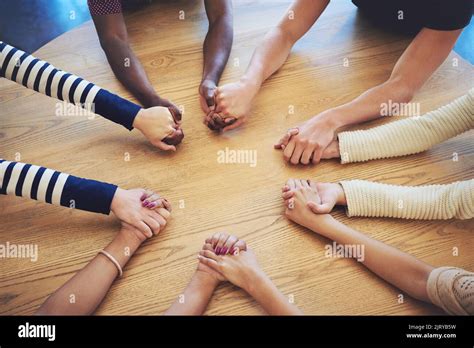For many men, the notion of expressing vulnerability can feel like navigating a minefield. While strong, authentic connections are universally desired, societal expectations and deeply ingrained norms often make open emotional sharing a challenging endeavor, particularly within their closest male friendships. Yet, these very friendships can be the bedrock of support and understanding if vulnerability finds a way to surface.
Societal Conditioning and the Internal Conflict
Traditional masculinity often dictates stoicism, strength, and emotional repression. From a young age, phrases like “man up” or “boys don’t cry” subtly, or not so subtly, teach men to bottle up their feelings. This conditioning creates a powerful barrier, making the admission of fear, sadness, or insecurity feel like a betrayal of their masculine identity. The fear of being perceived as weak, a burden, or less capable looms large, even among trusted friends.
This societal pressure often clashes with an innate human need for genuine connection. Men desire deep friendships where they can be their true selves, but the learned protective mechanisms make it difficult to drop their guard. They may want to share a struggle, a doubt, or a fear, but the internal voice warns against it, suggesting it might jeopardize their standing or the nature of the friendship itself.

Indirect Paths to Vulnerability
Despite these hurdles, men do find ways to be vulnerable, though often indirectly. This might involve shared experiences – tackling a challenging project together, engaging in competitive sports, or simply spending quiet, companionable time. During these activities, moments of deeper conversation can emerge organically, almost as a side effect. Humor often serves as a protective layer, allowing for sensitive topics to be broached lightly before potentially delving deeper. Shared frustrations about work or relationships, while not always deeply emotional, can also be a pathway to understanding each other’s burdens.

The Role of Trust, Reciprocity, and Crisis
Vulnerability in male friendships is typically a gradual process, built on trust and reciprocity. It’s less often an immediate, heartfelt confession and more a slow unveiling. One friend might share a small personal struggle, observing the reaction. If met with empathy and understanding, the door opens slightly for future, deeper disclosures. This reciprocal sharing creates a safe space, where each man feels seen and heard, without judgment.
Often, significant life events or crises become the catalyst for deeper vulnerability. A job loss, a relationship breakdown, a family illness, or the death of a loved one can shatter the usual emotional defenses, allowing raw emotions to surface. In these moments of profound stress or sorrow, the conventional rules of emotional expression often fall away, and friends step up to offer genuine support, creating powerful, unforgettable bonds.

Fostering Deeper Connections and Evolving Norms
When men do successfully navigate these challenges, the rewards are immense. Expressing vulnerability fosters deeper, more authentic friendships, leading to increased feelings of connection and belonging. It also plays a crucial role in mental health, allowing men to process emotions, reduce stress, and gain perspective, rather than carrying their burdens alone. These strengthened bonds provide a vital support system throughout life’s ups and downs.
Creating an environment where vulnerability can thrive often involves intentional effort. Active listening, free from judgment or the urge to “fix” the problem, is paramount. Encouraging friends to talk without pressure, and sharing one’s own experiences (when appropriate and genuine), can lower barriers. Initiating conversations that go beyond surface-level topics, even subtly, can also signal that deeper sharing is welcome. Sometimes, simply asking “How are you really doing?” and genuinely waiting for an answer can make a difference.

Thankfully, societal norms around masculinity are slowly evolving. Younger generations of men are often more open to discussing mental health and emotional well-being, influenced by broader cultural conversations and a greater emphasis on authenticity. This shift promises a future where expressing vulnerability might be seen less as a weakness and more as a strength—a cornerstone of genuine human connection.

Conclusion
Navigating vulnerability in male friendships is a complex but ultimately rewarding journey. While traditional expectations often create barriers, men find various paths—indirect disclosures, gradual trust-building, and crisis-driven moments—to connect on a deeper emotional level. As society progresses, the hope is that these essential expressions of the human experience become less of a challenge and more of a natural, celebrated aspect of male friendship.



